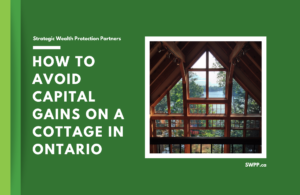
How to Avoid Capital Gains on a Cottage in Ontario
Avoiding capital gains tax on a family cottage is one of the most emotional and financially sensitive parts of estate planning in Ontario.

Avoiding capital gains tax on a family cottage is one of the most emotional and financially sensitive parts of estate planning in Ontario.

Do living trusts go through the probate process in Canada? Living trusts generally do not go through probate in Canada.
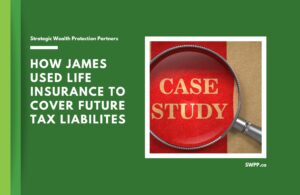
James, a successful real estate investor in his early 50s, owned several residential investment properties—houses, condos, and similar assets—through a corporation.
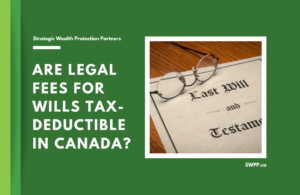
In Canada, legal fees for drafting a will are generally not tax-deductible for individuals. The Canada Revenue Agency does not allow individuals to claim legal expenses incurred for personal matters as tax deductions.

In Canada, can the sole beneficiary be an executor of a will as well? Yes, a beneficiary can also be an executor of a will in Canada.
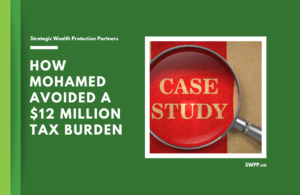
Mohamed, a 75-year-old real estate investor based in Ontario, owns two real estate holding companies along with various personal assets.
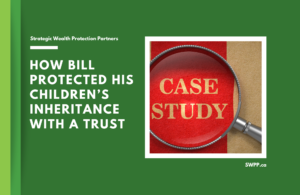
Bill, a 55-year-old real estate investor, reached out to SWPP after reading about living trusts online.
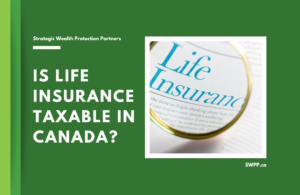
Is life insurance taxable? Life insurance payouts are generally not taxable in Canada if they are paid directly to a named beneficiary.
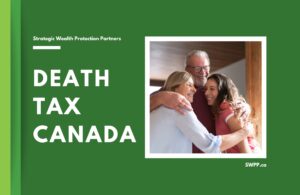
No one wants a tax surprise after death. Learn how Canada’s “deemed disposition” rules impact your estate—and how smart planning protects your family.
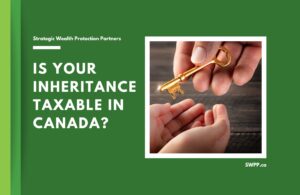
When you’re faced with the possibility of inheriting money or property, one of the first questions that likely comes up is, “Is inheritance taxable in Canada?”